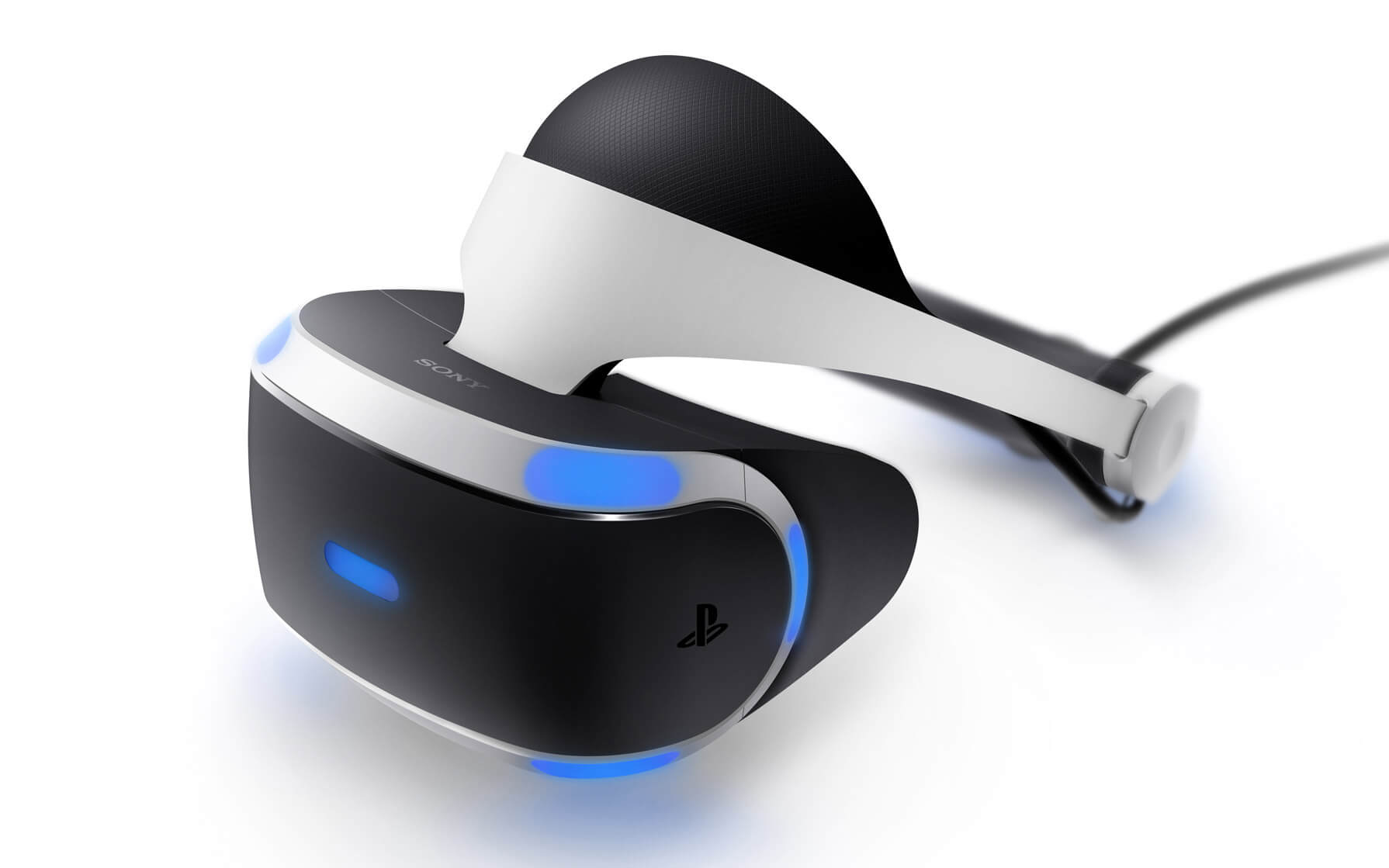Andrew House is no longer at Sony, but he still thinks that consoles like the PlayStation 4 have big future ahead of them.
House spoke for the first time since leaving Sony’s PlayStation group, coming onstage at our GamesBeat Summit 2018 event today in Mill Valley, California. The talk was moderated by Mike Vorhaus, president of Magid Advisors. House worked at Sony for 27 years, last serving as Sony Interactive Entertainment’s president and chief executive officer.
House taught English in Japanese high schools for two years before joining Sony in 1990. He first learned about the PlayStation while he was in the PR department. The PSX project was secretive, and House wanted to become a part of it because of his earlier love for arcades.
“I like the even numbers,” House said when reflecting on which of the four PlayStations were his favorite, referring to PlayStation 2 and PlayStation 4.
June 5th: The AI Audit in NYC
Join us next week in NYC to engage with top executive leaders, delving into strategies for auditing AI models to ensure fairness, optimal performance, and ethical compliance across diverse organizations. Secure your attendance for this exclusive invite-only event.
During the PlayStation 2, House said that there was a cultural shift. Games were being taken more seriously. The PlayStation 4 was also special. At the time, people were saying that consoles were dying and that the market was shifting to mobile. Sony was coming off of the Vita portable, which struggled to find an audience. The PlayStation 4 has now sold about 75 million machines, proving that consoles still have a future.

Above: The PlayStation 4 Pro.
House believes that consoles will keep having longer lifecycles. He noted that consoles still have been slow to take over in many markets, including places like the Middle East and China. A longer lifecycle gives this generation a longer time to penetrate those markets. Consoles are now able to take advantage of developments like streaming, sharing, and free-to-play to expand their audiences.
“PC clearly pioneered many trends,” House noted, referring to things like livstreaming. But then the PlayStation 4 is able to make those features safe and better-suited for a mass market.
As for what future consoles will look like, House believes that disks will still be a part of them awhile, but he thinks that streaming will also be important for the future of console gaming. He believes that streaming of digital content will eventually be as important to the gaming industry as is for music for movies.
“There is no reason why streaming shouldn’t be just as present … as we’ve seen it change the music industry, as the television and movie industry.” He noted that the original PlayStation marketed itself as a media shift from cartridges to CDs.
As for free-to-play, he said that it is a subject of debate within the industry. Some think it will hurt the industry, but House is bullish on free-to-play on console. It gives players more flexibility, and players are smart enough to see different models and pick what works for them. House does have one concern. He’s worried that dominant franchises can take over players’ time on consoles. Free-to-play gives developers a better chance to capture the attention of gamers.
With free-to-play comes things like microtransactions. Adapting monetization comes with a learning curve. “We’re probably going to see a few missteps,” House said, referencing EA’s problems with Star Wars: Battlefront II’s microtransaction woes.

Above: PlayStation VR from Sony Interactive Entertainment.
PlayStation also bet on VR when House was with the company. House was skeptical on VR at first, but he was won over by a demo of a shooting game. House said that expectations got a little out of control for VR too early. “It’s a shame that the hype machine got as big as it did.” Having VR sustain long and repeat play has been a challenge, but he thinks that technologies are coming to help those problems.
“The motivation really was that we felt we had such a strong console base on which to embark on this endeavor,” House said when asked if Sony took on VR as a way to distinguish itself from Xbox One, which hasn’t made any big VR pushes.
It’s interesting that the future of console revolves around these issues — monetization, free-to-play, streaming — instead of just simple hardware improvements. These emerging trends give console-makers challenges and opportunities to expand their audiences. It might be a while until we see a PlayStation 5, but Sony’s console brand can grow plenty without it.


